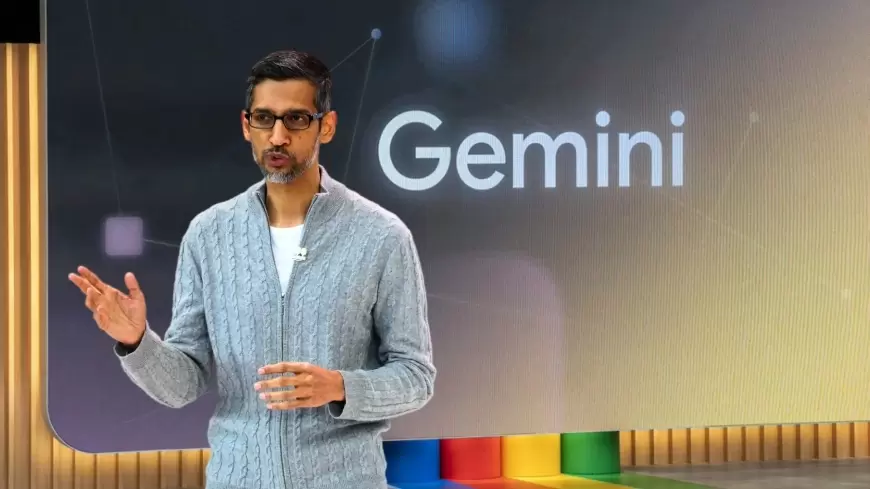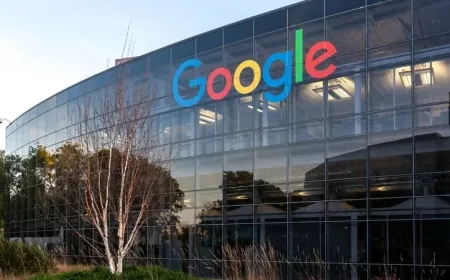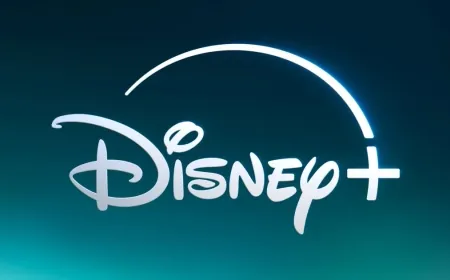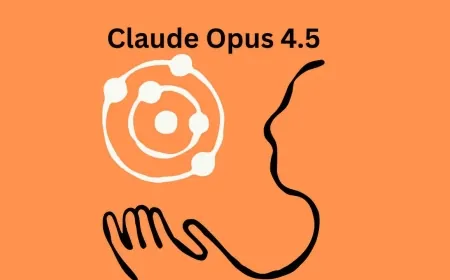Google Halts Gemini Chatbot's Image Generation Feature Amid Accuracy Concerns
Temporary Suspension Reflects Google's Commitment to Addressing AI Accuracy Concerns

Google announced on Thursday that it is temporarily suspending the image generation capability of its Gemini artificial intelligence chatbot. This decision comes in the wake of criticisms regarding inaccuracies in historical depictions created by the chatbot.
Users of Gemini recently shared screenshots on social media showing scenes historically dominated by white individuals but featuring racially diverse characters generated by the AI. This led to concerns about whether Google is over-correcting for the risk of racial bias in its AI model.
In response, Google stated on the social media platform X, "We're already working to address recent issues with Gemini's image generation feature. While we do this, we're going to pause the image generation of people and will re-release an improved version soon."
Google suspends Gemini chatbot's ability to generate pictures of people https://t.co/8CsliXRbBW — Talk 1370 (@TALK1370) February 22, 2024
Previous research has indicated that AI image generators can perpetuate racial and gender stereotypes present in their training data. They are more likely to generate images of lighter-skinned men when prompted to create a person in different contexts.
Acknowledging the inaccuracies in historical image generation, Google stated on Wednesday that it is actively working to improve these depictions.
Gemini, designed to generate a wide range of people, is seen as a positive feature by Google. However, the company acknowledges that it is currently "missing the mark."
In response to inquiries from the Associated Press, Gemini mentioned that it is working to enhance its ability to generate pictures of people and expects this feature to return soon.
Google's decision to temporarily suspend Gemini's image generation of people reflects its commitment to addressing concerns about accuracy and bias in AI technologies.
Also Read: EU Set to Impose Record €500 Million Fine on Apple Over App Store Practices































































